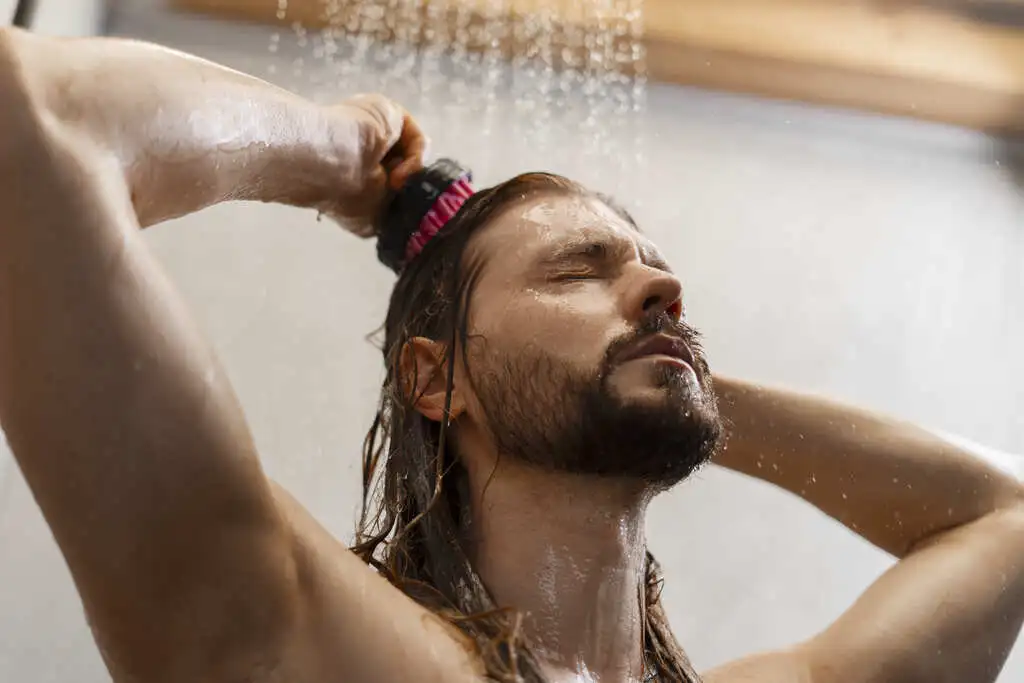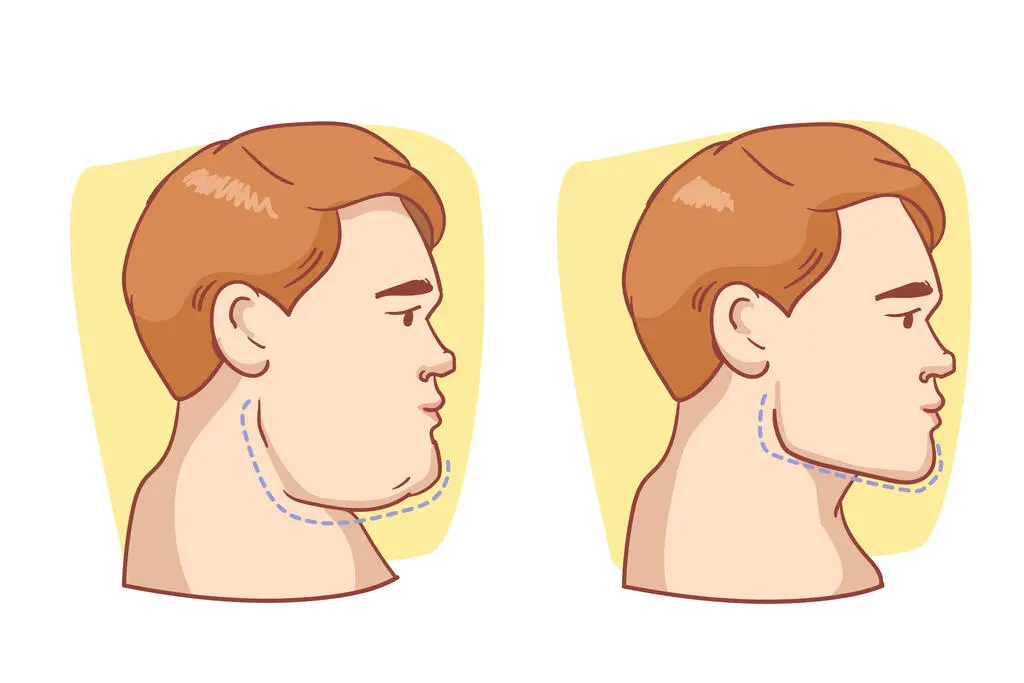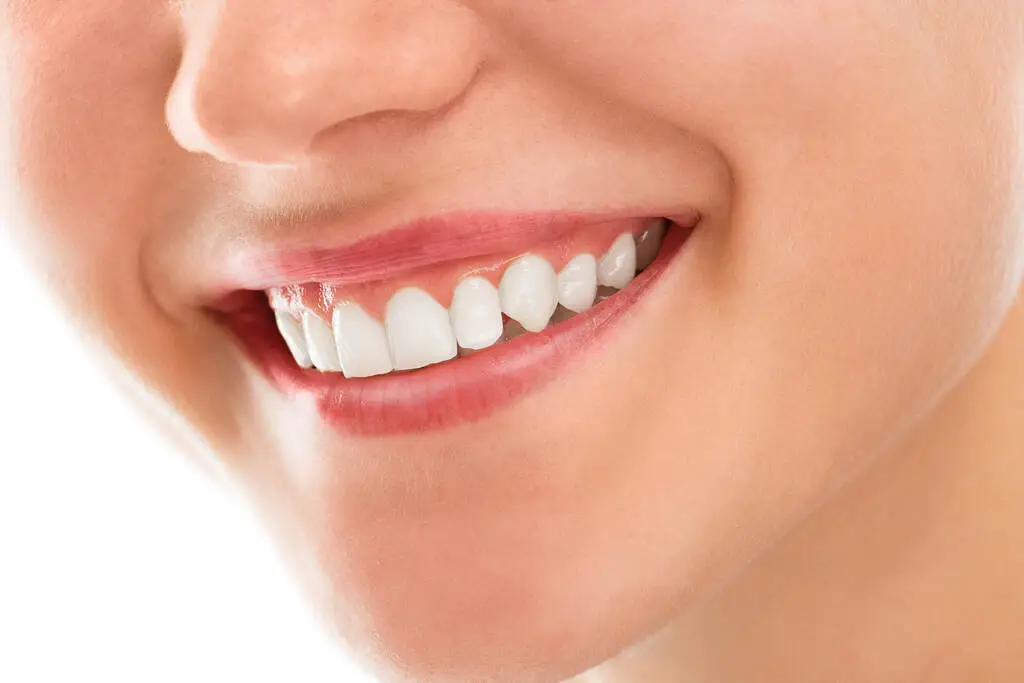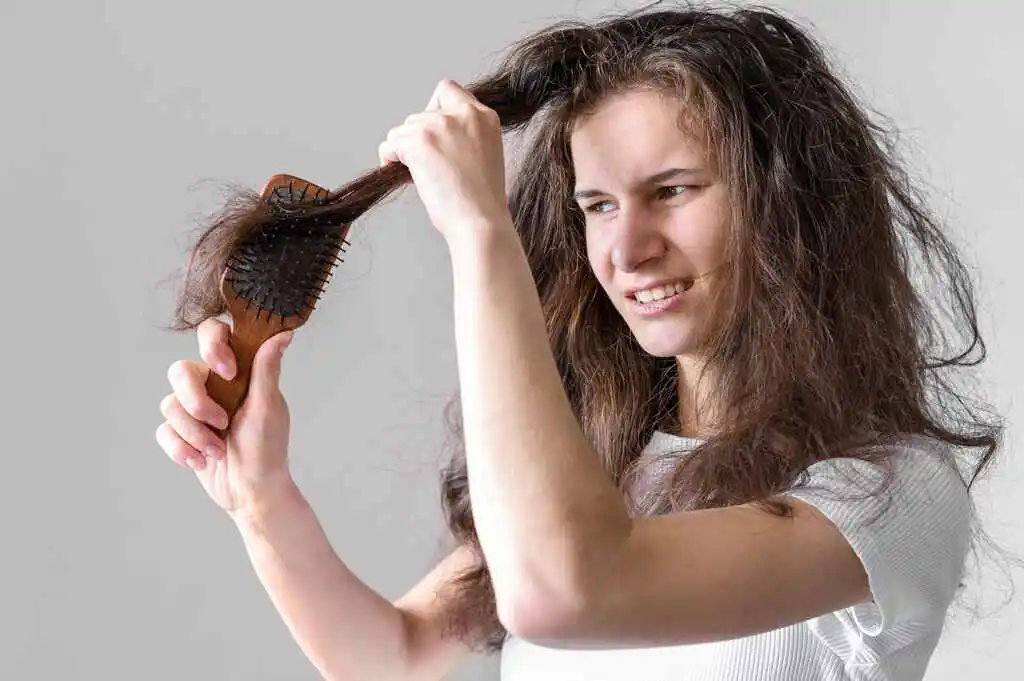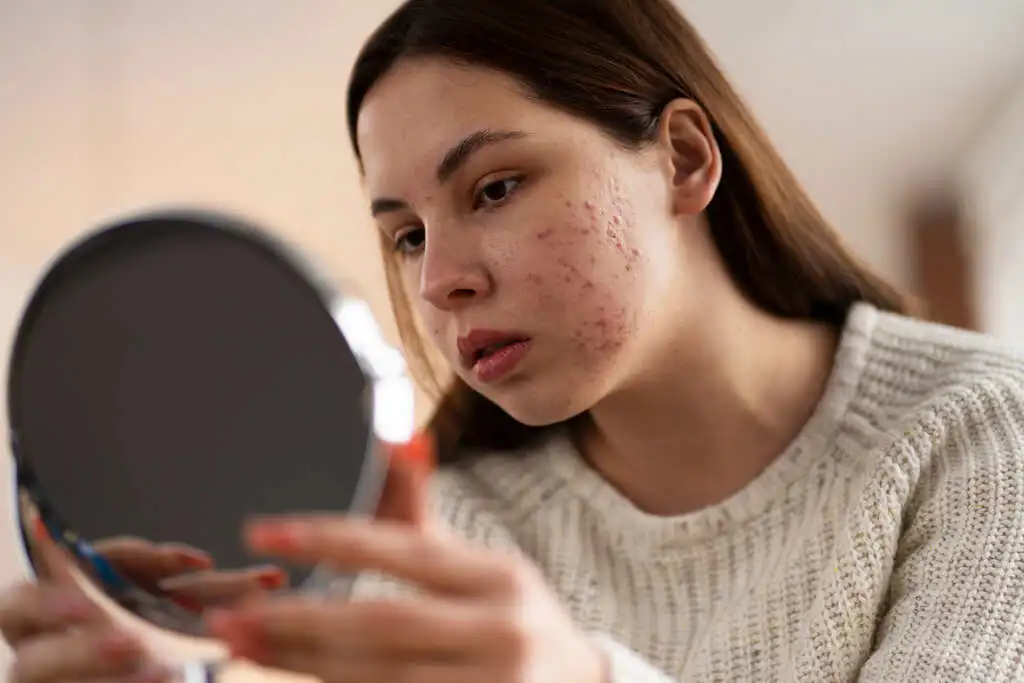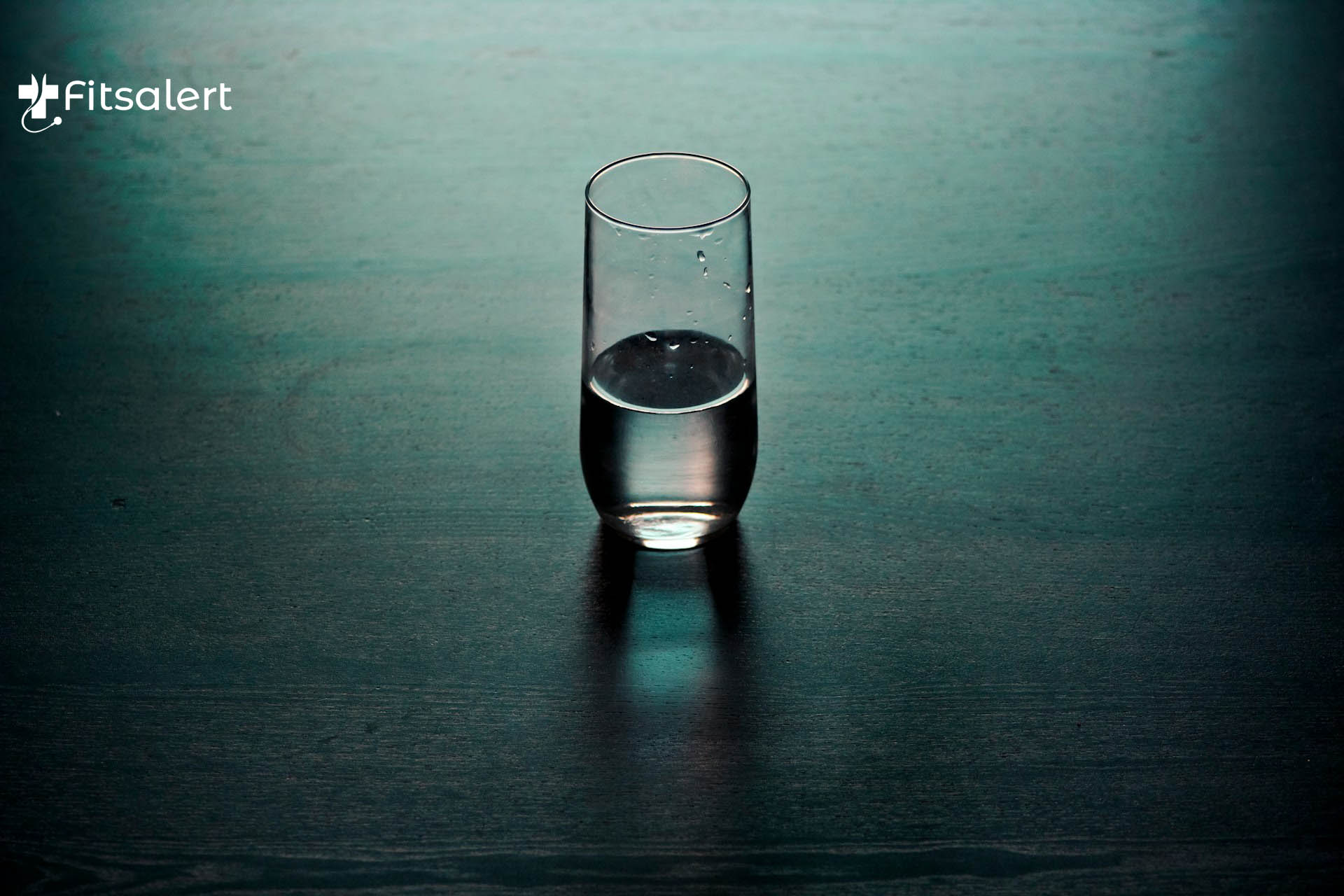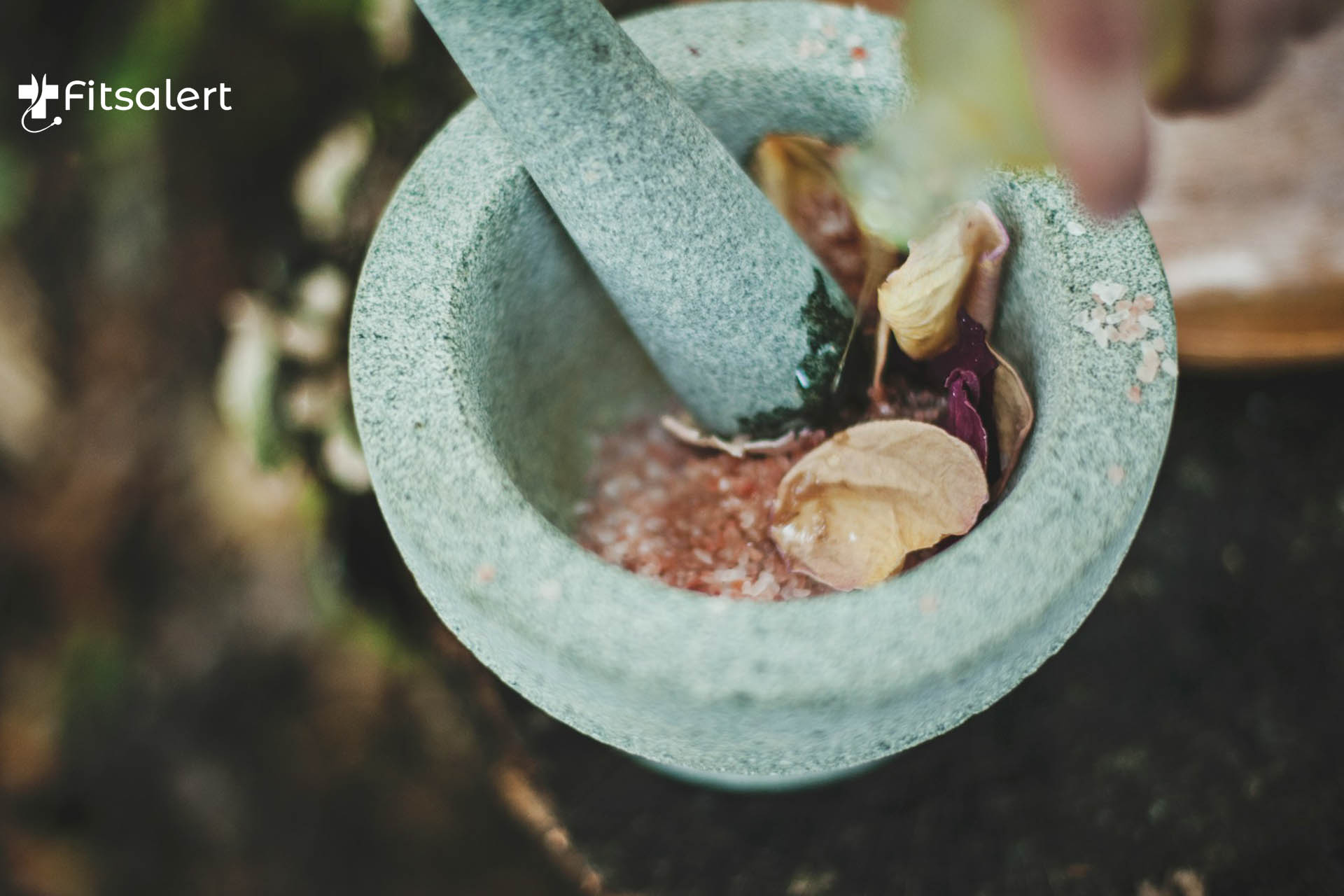There’s no scientific evidence supporting the effectiveness of hot showers in alleviating migraines. While home remedies such as hot showers can offer relief by relaxing tense neck and shoulder muscles.
Some individuals claim that hot showers offer relief from migraines by relaxing tense neck and shoulder muscles, these accounts are purely anecdotal. Conversely, others report that hot showers worsen migraine symptoms, particularly nausea and that cold showers may provide more relief during an attack.
However, there is currently no scientific evidence to support the efficacy of hot showers in alleviating migraine attacks.
Are Hot Showers Good For Migraines?
Hot showers may not be beneficial for alleviating migraines. The moisture and heat from hot water can lead to increased blood flow and the dilation of blood vessels, which is contrary to the desired effect for migraine relief.
Most migraine medications work by narrowing blood vessels. However, there are a few potential benefits of hot water that may help with migraines:
Reduction Of Tension In The Body
Warm water has a calming effect and can induce relaxation. Taking a warm shower can help alleviate tension and stiffness in the head, neck, and shoulders, which often result from stress. Stress is a frequent trigger for migraines.
Inhaling Steam for Migraines
For some individuals, allergies, and illnesses leading to nasal congestion like sinus pain, and pressure can act as triggers for migraine episodes.
Inhaling steam while showering might aid in relieving sinus congestion by thinning the mucus in nasal passages.
Adding Oils
Aromatherapy, which involves the use of essential oils for health purposes, is known to offer various benefits. During a migraine attack, certain essential oils might be helpful. Especially if the attack is triggered by a strong scent, such as perfume.
Adding a few drops of these oils to your shower or bath can be beneficial. Inhaling essential oils such as lavender, chamomile, peppermint, and eucalyptus may also aid in reducing tension and easing muscle tightness.
There are various methods to incorporate essential oils into your shower routine. You can dilute the oil with a neutral carrier oil like sesame or coconut oil and apply it to your skin through massage. Alternatively, you can use a diffuser in your bathroom to disperse the scent of essential oils into the air.
You may also like reading: Children’s Migraine – Symptoms, Causes, & Treatment
Are Cold Showers Good For Migraines?
More individuals report finding relief from migraines with cold water rather than hot water. Moreover, there is more scientific evidence supporting the use of colds for reducing migraine pain compared to heat. A recent review of studies conducted in 2022 revealed that cold interventions, such as cold gel headbands, provided instant relief from migraine pain.
Cold water may potentially alleviate migraine pain by causing the constriction of blood vessels.
Additionally, the immediate numbing effect of cold water and ice may help reduce certain sensations of pain. Furthermore, cold temperatures could slow down the transmission of pain signals from nerves to the brain.
To relieve migraine pain using cold water, you can experiment with taking a cool or cold shower, applying a cold compress to your forehead, or using an ice pack on the carotid arteries located on each side of your neck.
Another method is to alternate between warm and cool showers or apply different temperatures to various parts of your body. According to a study conducted in 2016, combining a hot arm and foot bath with an ice massage to the head significantly reduced migraine pain.
Home Remedies to Treat Migraines
Home remedies can complement traditional migraine treatments or be used alone to alleviate symptoms. Here are some suggestions to consider during your next migraine episode:
- Reduce stimulation by avoiding bright lights and loud noises.
- Make sure to prioritize rest and aim to get sleep whenever possible.
- Incorporate relaxation methods like deep breathing exercises or meditation into your routine to promote a sense of calmness.
- Explore gentle yoga poses like Child’s Pose or Bridge Pose for relief.
- Consider taking melatonin supplements.
- Try acupressure massage on specific migraine trigger points.
- Ensure you’re getting enough vitamin D and magnesium through your diet or supplements.
- Apply Tiger Balm to your temples for soothing relief.
Frequently Asked Questions Regarding Migraine Showers
Can A Cold Shower Trigger A Migraine Attack?
Migraine triggers can differ among individuals. While some may find relief from cold showers, others might experience worsened symptoms or even trigger migraines by taking cold showers.
Does A Cold Shower Reduce Migraine?
Cold showers could potentially alleviate migraine pain for certain individuals. The numbing effect of cold water and ice might provide relief from migraine symptoms.
Will A Hot Bath Help A Headache?
Taking a warm or hot bath can potentially ease a headache by loosening tense muscles and relieving tension. Consider improving the relaxation by adding a few drops of lavender or eucalyptus oil to your bathwater.
Final Thoughts
While scientific evidence doesn’t support the idea that hot showers alleviate migraine attacks, there are some advantages to hot water, like muscle relaxation and stress reduction. Surprisingly, many individuals discover that cold showers are more efficient at relieving migraine pain.

